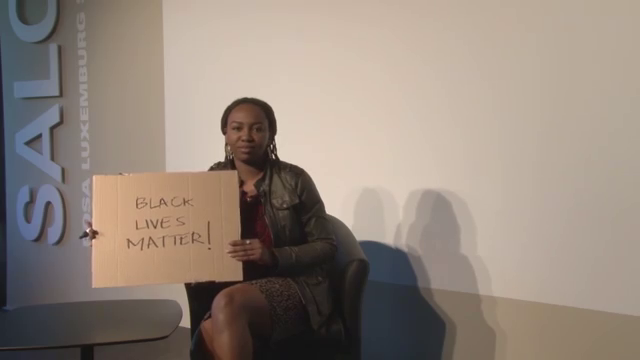There’s a lot going on in the United States, right. So there’s a legacy of structural racism that’s been impacting Black communities in the United States ever since we were kidnapped from Africa and brought to the United States. And so what we’re seeing today is actually a continuation of the racist policies and practices of the United States. We’re seeing state-sanctioned violence with impunity on black people.
Archive (Page 1 of 3)
What we’ll be covering is just the general issue of political information on the net. And actually I think probably all three of us are in somewhat agreement that the government on the net is maybe the least best-poised to make use of this, or the most challenged by political speech on the net, the politics of the information flowing around the net.
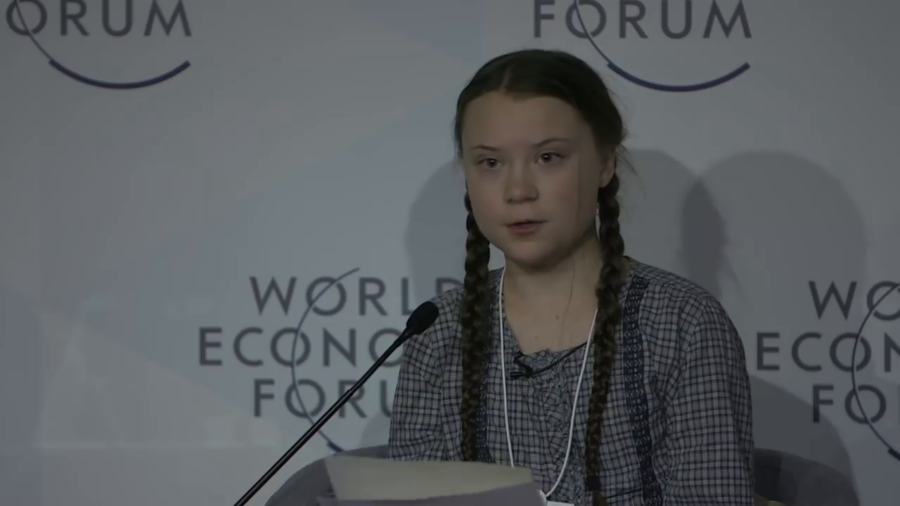
At places like Davos, people like to tell success stories. But their financial success has come with an unthinkable price tag. And on climate change, we have to acknowledge that we have failed. All political movements in their present form have done so, and the media has failed to create broad public awareness. But Homo sapiens have not yet failed.
There’s a lot of beautiful things. And I think if there’s one thing I’m most deeply disquiet about it’s…power. Why are we doing almost nothing about climate change? It’s because despite the fact that most people on earth and many government on Earth do, the oil corporations and the governments most closely allied to the oil corporations, notably ours, don’t want to do anything.
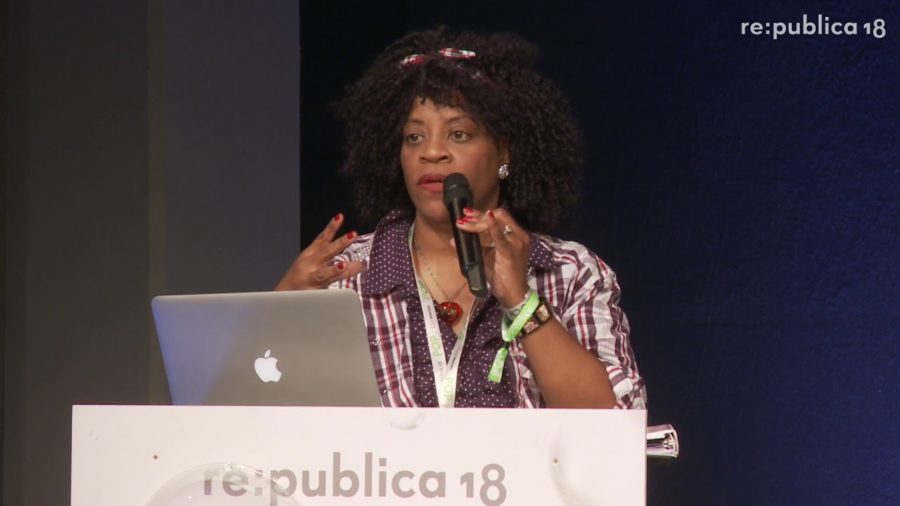
I do disability and sexuality education. And activism and advocacy around sexuality and disability issues, and reproductive health issues. And I want to teach the world that people with disabilities have the right and ability to give and receive pleasure.
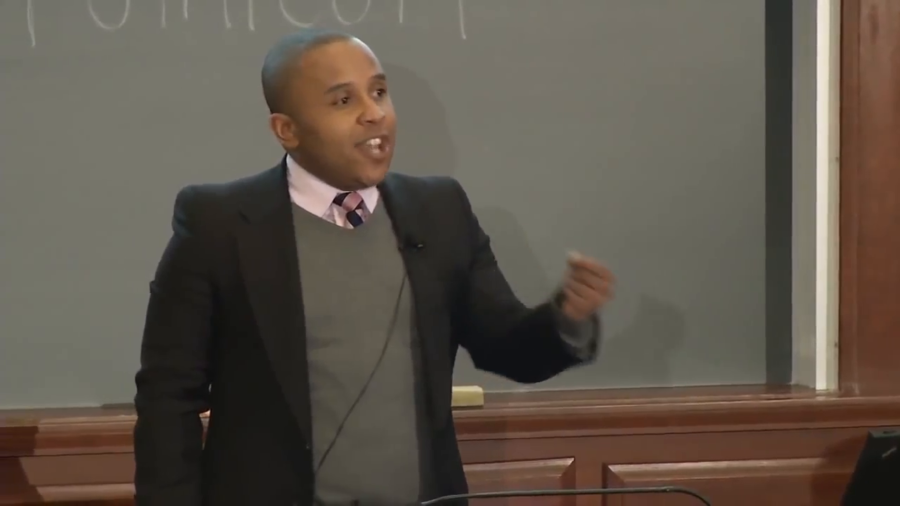
I want to inject a little culture into this conversation. And as we talk about the reasons that we make interventions in this work, the reason why we advocate for truth in the media, and the reason why organizations like mine do that work is for our community, for the folks that we represent.
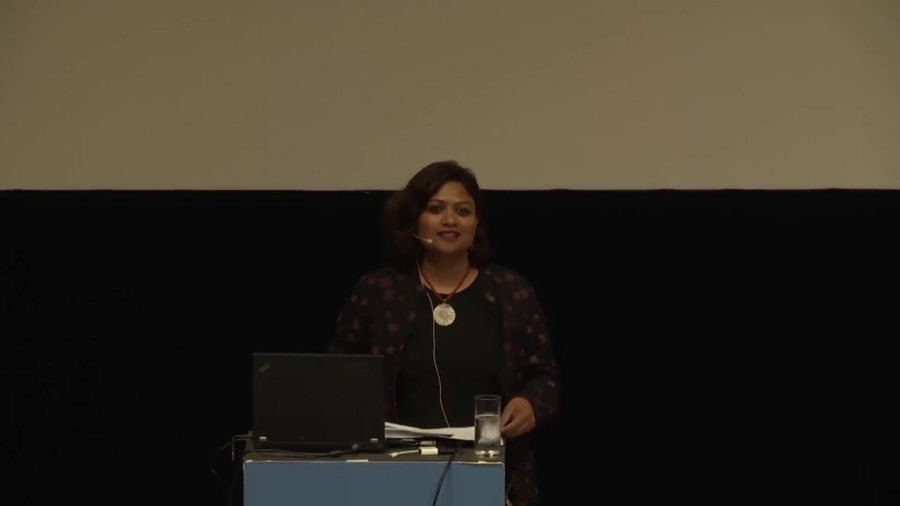
I’m interested in data and discrimination, in the things that have come to make us uniquely who we are, how we look, where we are from, our personal and demographic identities, what languages we speak. These things are effectively incomprehensible to machines. What is generally celebrated as human diversity and experience is transformed by machine reading into something absurd, something that marks us as different.
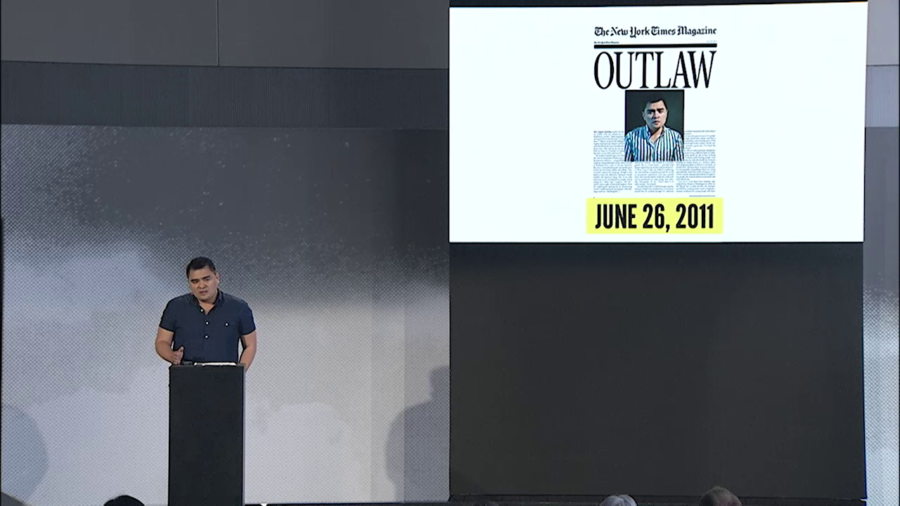
The reality is we have been so busy calling people names, obsessing over borders and walls, and spreading misinformation that we haven’t even asked hard questions like why do people move? What does US foreign policy and US trade agreements have to do with migration patterns? Remember when those children started walking from Central America to here, and CBS News and a lot of organizations called them “illegal immigrant” children instead of calling them the refugees that they are? What did we do to Nicaragua, El Salvador, and Guatemala so that their countries got so violent that they have to come here? Who started the drug war? What did NAFTA do not only to the United States but to Mexicans, right?
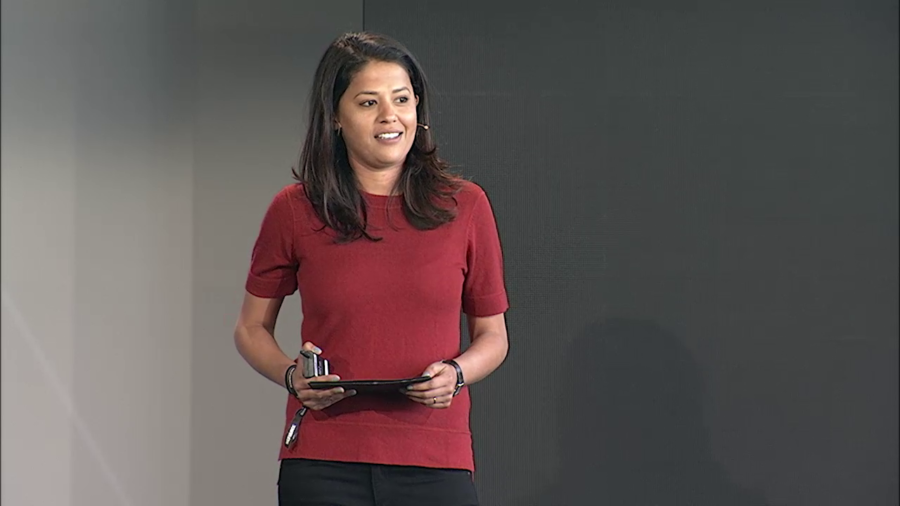
Behind-the-scenes planning is often overlooked by observers and by the media because it’s what the cameras often can’t capture. I’ve witnessed it for fifteen years at the Albert Einstein Institution. This quiet capacity-building and structural work. The planning and preparations that make movements more effective.
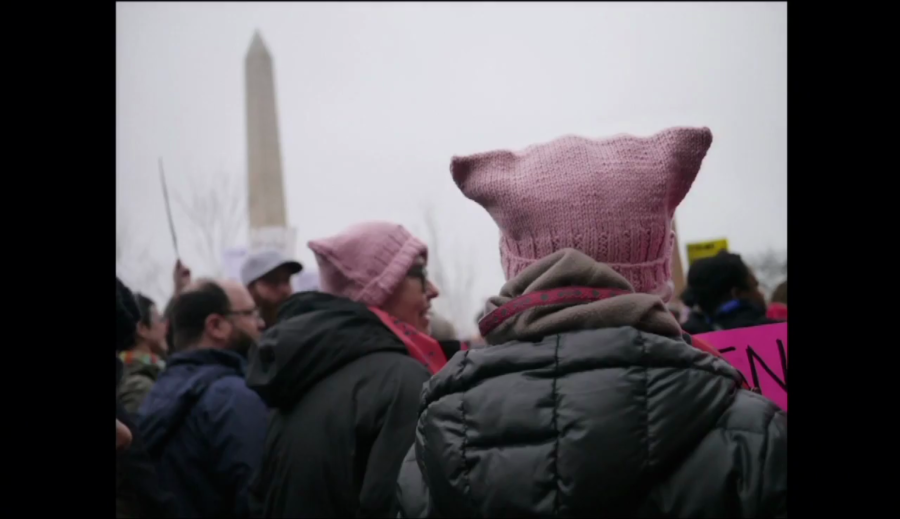
The Internet meme framework is a useful way to understand a certain range of object production, a certain sort of informal production that combines networked modes of production similar to shanzhai or the hat printing, with the global reach of the Internet and global shipping services as well. The ability to move bits and atoms with just as much ease and efficiency.

